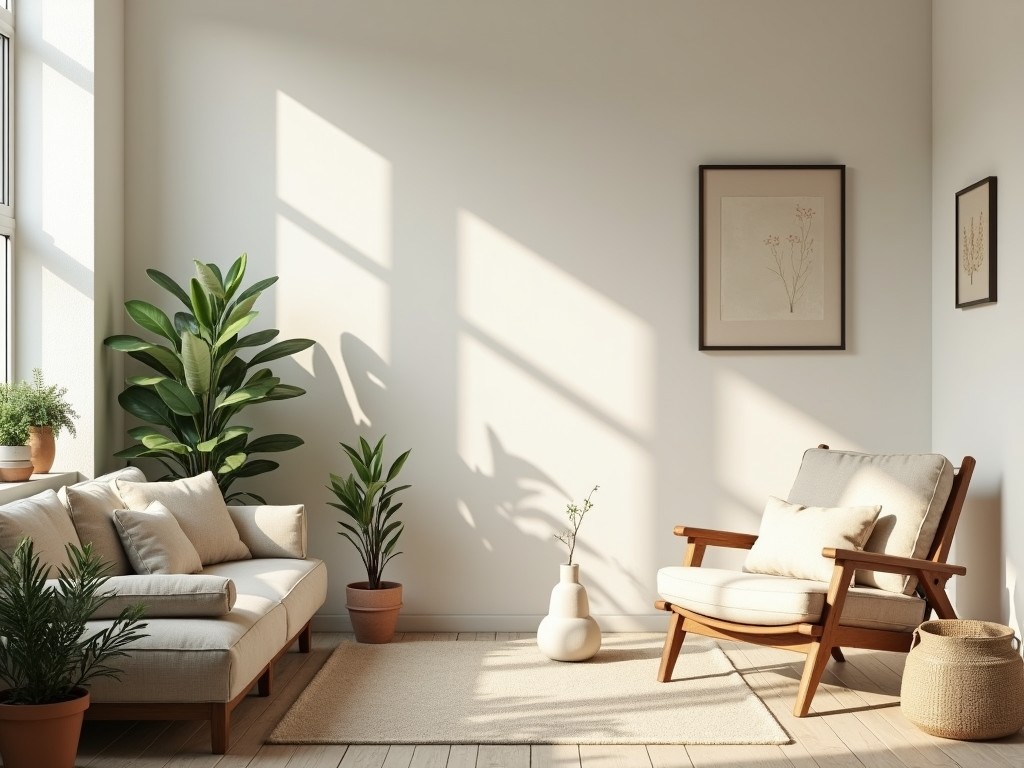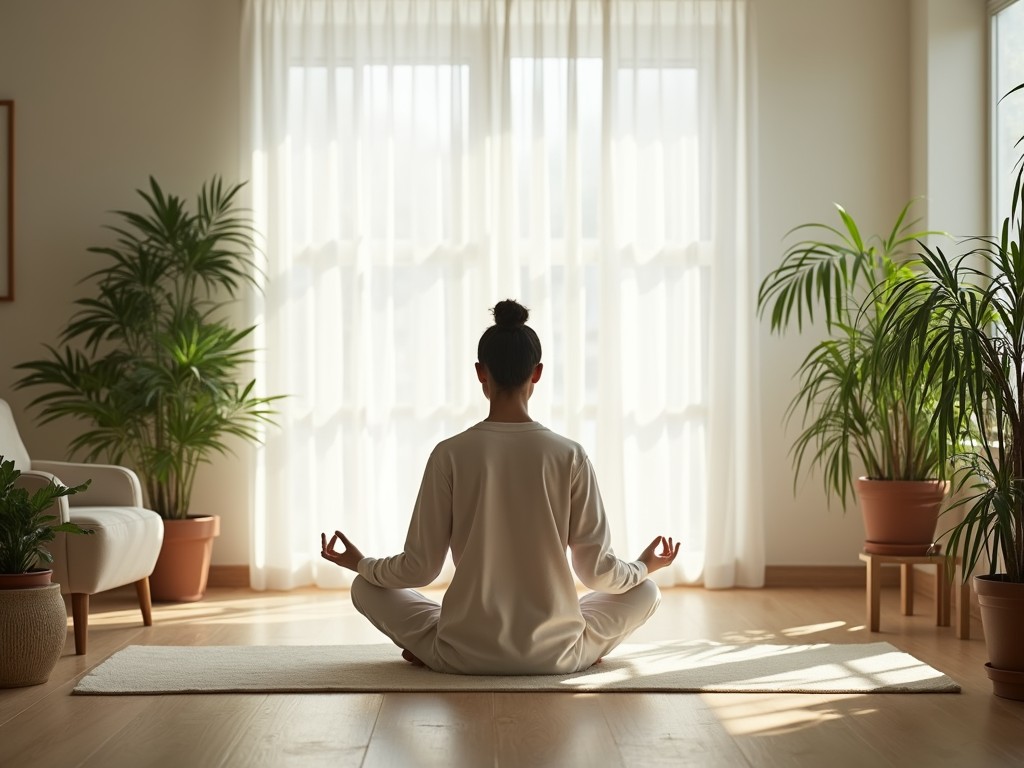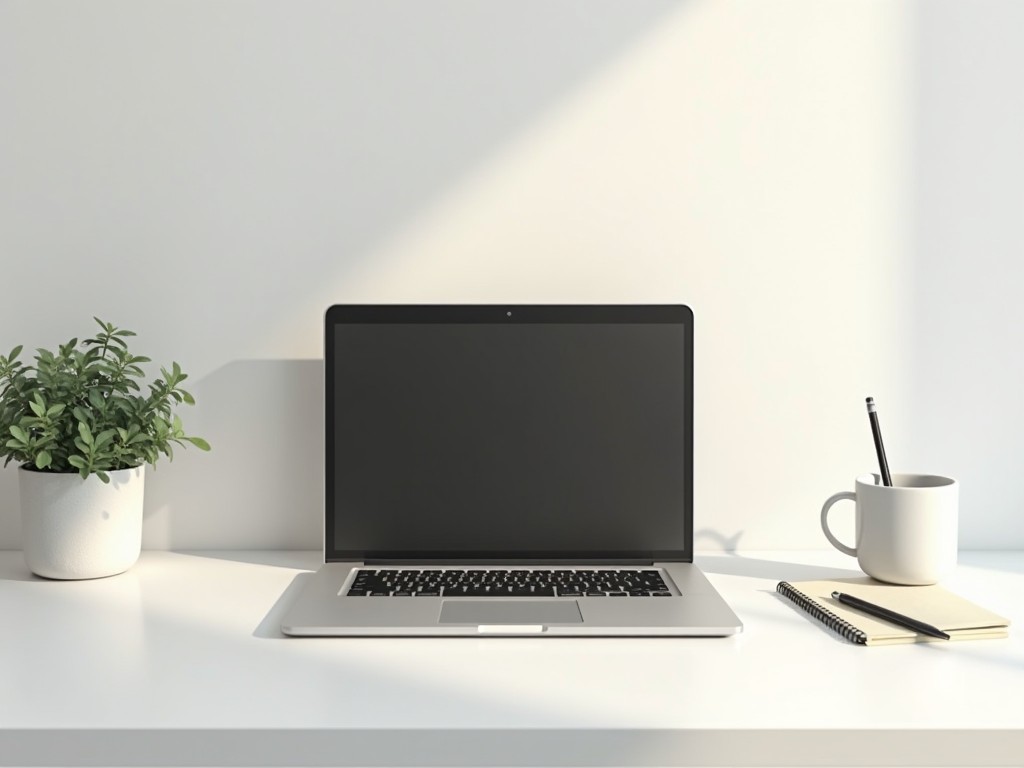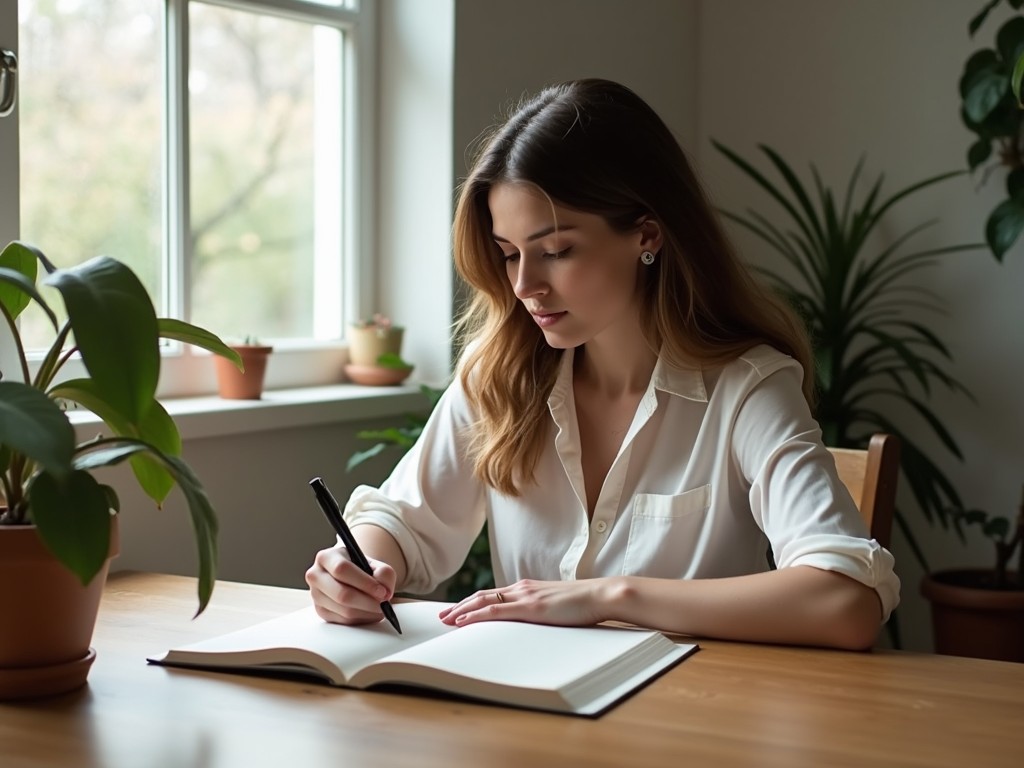Overview
Minimalismus psychologie, or the psychology of minimalism, explores how adopting a minimalist lifestyle can affect our mental well-being. This article delves into the psychological principles behind minimalism and how it can bring about positive change in one's life.
The Essence of Minimalismus Psychologie
Minimalism isn't just about decluttering your closet or simplifying your workspace. It's a deeper psychological journey that encourages individuals to focus on what truly matters in life. At its core, minimalismus psychologie examines how reducing material possessions and distractions can lead to increased happiness and mental clarity.
Many people find themselves overwhelmed by the constant demand for more—more things, more commitments, and more noise. This often leads to stress, anxiety, and a sense of being trapped. Minimalism offers a way out by promoting intentional living and helping people align their actions with their true values.

The Psychological Benefits of Minimalism
Adopting minimalism comes with various psychological benefits. Here are a few:
- Reduced Stress: By simplifying your environment, you remove excess stimuli that can lead to stress and overwhelm.
- Increased Focus: With fewer distractions, it's easier to concentrate on essential tasks and goals.
- Enhanced Emotional Well-being: Letting go of material possessions shifts focus towards experiences and relationships, promoting a deeper sense of satisfaction.
- Personal Growth: The journey of decluttering often requires introspection, helping individuals grow and understand themselves better.

Personal Insights into Minimalismus
Having embraced minimalism myself, I've experienced firsthand how powerful this lifestyle change can be. Initially, I found it challenging to let go of possessions tied to memories or future possibilities. However, this practice taught me to cherish the present and focus on relationships, experiences, and personal growth.
I remember the liberating feeling of parting with items I no longer needed. This act of decluttering was not just spatial but mental, freeing up my mind to engage with more meaningful activities.
Here's a simple approach to start your minimalism journey:
- Evaluate: Assess the items around you and consider their actual value and importance.
- Declutter: Start small by letting go of things you don't use or need.
- Organize: Create organized spaces for remaining items to maintain a clear, tidy environment.
- Reflect: Regularly reflect on your experiences and adapt your approach as necessary.

Challenges and Misconceptions
While many benefits come with minimalism, some misconceptions can deter people. A common belief is that minimalism requires an extreme lifestyle change or living with a bare minimum. However, minimalism is more about finding balance and determining what level of simplicity works for you.
Another challenge is the initial resistance to discarding possessions due to an emotional attachment or fear of needing them in the future. Overcoming this requires a mindset shift to prioritize present well-being over hypothetical scenarios.
Conclusion and Actionable Insights
Minimalismus psychologie offers a pathway to improved mental health and a more fulfilling life. Here are a few actionable insights:
- Focus on Quality, Not Quantity: Invest in quality experiences and items that bring joy and add value to your life.
- Embrace Imperfection: Understand that minimalism is a personal journey without a one-size-fits-all approach.
- Appreciate the Present: Use minimalism to cultivate gratitude and mindfulness in everyday living.

Summary
In essence, minimalismus psychologie is about decluttering not just our physical spaces but also our minds. By embracing minimalism, we can reduce stress, enhance emotional focus, and create a life filled with meaningful experiences. Start small, stay consistent, and you'll soon notice the profound impact of living minimally on your mental well-being.
